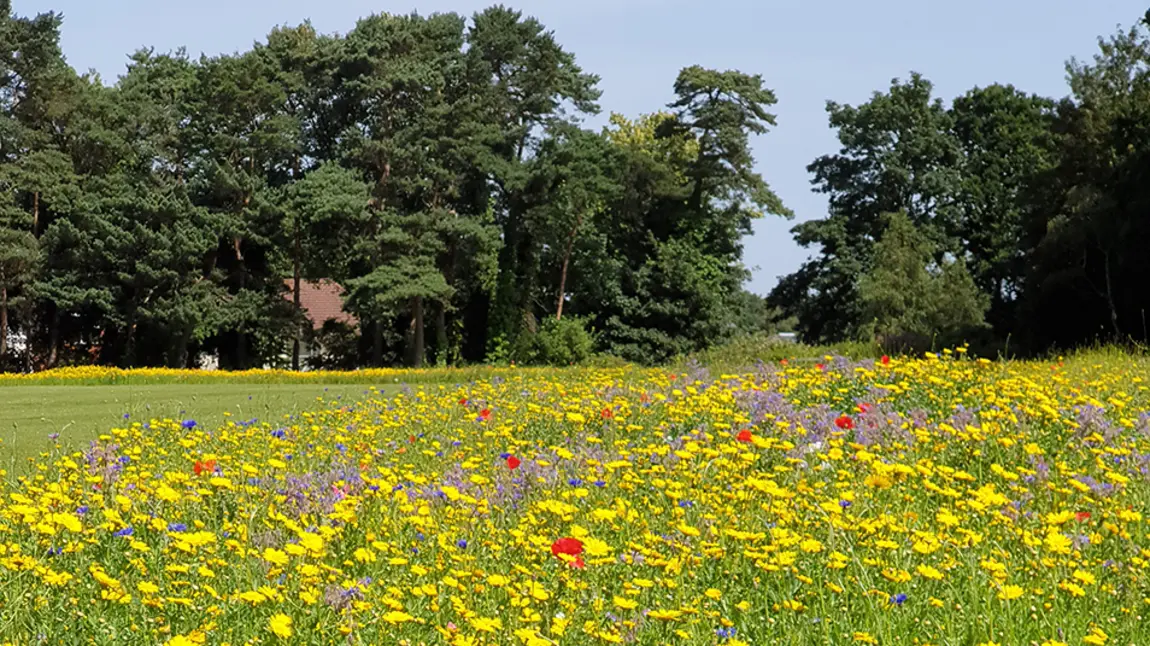How our pioneering programme showed what a vital public resource parks are

| Attachment | Size |
|---|---|
| Future Parks Accelerator evaluation report - executive summary | 1.91 MB |
| Future Parks Accelerator evaluation full report | 1005 KB |
Future Parks Accelerator (FPA) supported eight local authorities to develop ambitious and sustainable solutions to protect, enhance and put public parks and green spaces to greater use.
The £14million programme, which launched in 2019, was a partnership with the National Trust. The Department for Levelling Up, Housing and Communities also invested £1.2m.
This evaluation – led by the Centre for Regional Economic and Social Research at Sheffield Hallam University, supported by the University of Sheffield and Urban Pollinators Ltd – provides significant evidence of the importance of green spaces and the value of investing in them.
With time, resource and imagination, local authorities can put parks at the centre of their thinking, rather than see them as a financial liability.
Drew Bennellick, Head of Land and Nature Policy at the Heritage Fund
Drew Bennellick, Head of Land and Nature Policy at the Heritage Fund, said: “Our Future Parks Accelerator programme has demonstrated what a vital public resource green spaces are and how they positively contribute to environmental quality, public health and wellbeing.
“With time, resource and imagination, local authorities can put parks at the centre of their thinking, rather than see them as a financial liability.”
Our initiative was developed in response to our 2016 State of UK Public Parks report and the 2017 House of Commons Communities and Local Government select committee which declared public parks in England to be at “a tipping point of decline”.
FPA activities have successfully supported the case for green space budgets to be protected in most places and brought in new investment worth almost £43m.
Impact in the funded places
Bournemouth, Christchurch and Poole created a 10-year green space development and investment strategy and are working towards a self-financing community parks model which includes volunteering, trading and nature-based activities.
Birmingham created a City of Nature plan which is now corporate policy, made green space a key part of a new health and wellbeing strategy, developed a quality standard for parks and an 'environmental justice' approach to target investment and resources.
Cambridgeshire and Peterborough brought nine partners together to deliver work such as mapping natural assets across the area (which is covered by seven local authorities) to inform planning and allow it to highlight areas of inequality at a county-wide scale.
Camden and Islington created a joint Parks for Health strategy across the two boroughs to put health at the heart of what happens in parks. The strategy's principles are also being applied to the creation of new green spaces.
Edinburgh developed a city-wide approach to ecological mapping and nature recovery which is being wrapped into wider plans for city development. A long-term strategy for the city's green spaces will be considered by the council in autumn 2022.
Nottingham is developing a combined approach to green space across the city, rather than considering individual parks or green sites. The plan – due in autumn 2022 – will link to the city's carbon neutral strategy and set out a vision of a ‘greener, healthier, happier’ city.
Plymouth's involvement in the FPA programme helped it attract an additional £9.5m in funding for the city's natural environment, creating a portfolio of investment projects and activities. They are also setting up the UK’s first urban habitat bank.
The eighth FPA project, in Bristol, was brought to an early close in March 2021.
Ellie Robinson, Head of Urban Green Space at the National Trust, said: “Our partnership with the Heritage Fund to deliver the Future Parks Accelerator has shown that investing in places and people through supporting visionary leadership, providing capacity to innovate and deliver bold change with communities, and enabling collaboration locally and nationally, has been a recipe for success that we’d like to see replicated in other places.”
Find out more
Read the executive summary and full evaluation report in the PDFs above, and learn more about our support for landscapes, parks and nature.
Explore the FPA website for more information about the programme and resources developed in collaboration with the projects.
Our research and evaluation
We regularly conduct research to discover what is happening in the heritage sector, and we evaluate our work to better understand the change we are making. Read more of our insight.